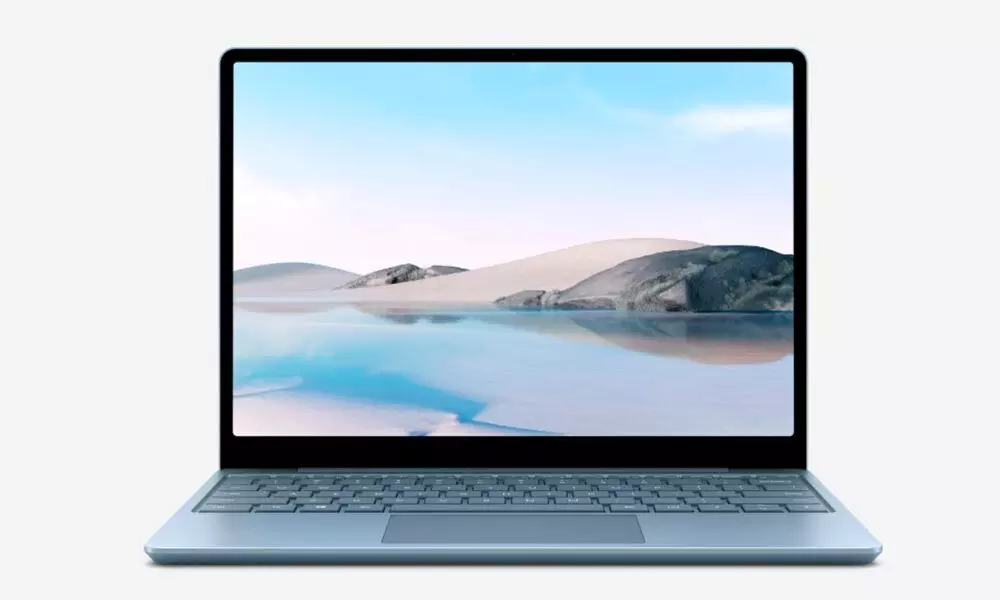Laptop market to leap through 2021
Riding on the surge in remote work and learning, the global laptop market will hit a high in 2020, increasing 9 per cent (on-year) to reach 173 million units and over $132 billion in total sales value.
image for illustrative purpose

New Delhi: Riding on the surge in remote work and learning, the global laptop market will hit a high in 2020, increasing 9 per cent (on-year) to reach 173 million units and over $132 billion in total sales value.
The top three players - Lenovo, Hewlett-Packard and Dell - accounted for 68 per cent of the market in 2020, according to Counterpoint Research.
However, there has been an increased level of competition between the second tier and third tier players.
"Second tier players such as Apple, Asus and Acer have seen their market shares decline in recent years with the emergence of Chinese brands such as Huawei and Xiaomi," said Mengmeng Zhang, an analyst with Counterpoint.
With uncertainty persisting over Covid-19, work-from-home and study-from-home will likely continue into much of 2021 and some part of 2022.
"Therefore, we expect the global laptop shipments to continue to grow slightly in 2021 and 2022. The demand will slow down gradually in 2023," Zhang said.
After reaching its peak in 2011, the laptop market growth has slowed down with the rise of alternatives such as smartphones and tablets.
"Nonetheless, due to the continuous demand for laptops for commercial use, the market remains relatively stable with global shipments averaging 160 million units over the past few years," she said.
Building on their success in smartphones, Huawei and Xiaomi have expanded into laptops, quickly gaining a foothold, especially in the Chinese market.
In 2016, Huawei launched its first MateBook and soon followed it up with a comprehensive product line ranging from low-end to high-end products.
Meanwhile, Xiaomi also launched its Mi Air laptop in the same year, focusing on its light weight and good value for money.
"In the future, we believe that laptops will continue to focus on the ability to process heavier applications such as games, graphic rendering and data processing," Zhang noted.

